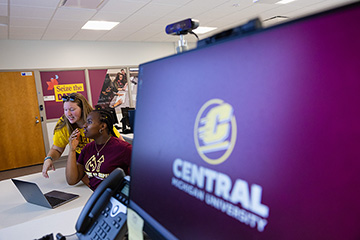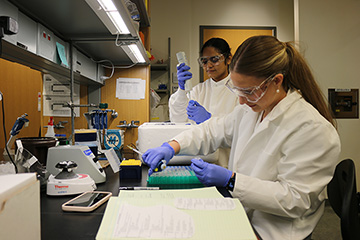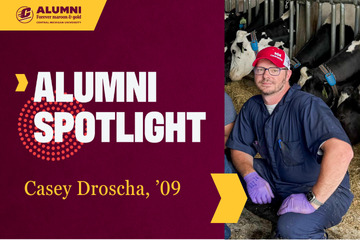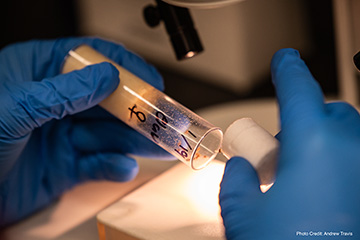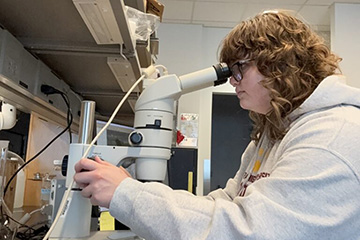New CMU School of Engineering and Technology faculty member brings visionary expertise to the Internet of Things and automotive safety
Help us welcome Md Rafiul Kabir to CMU’s School of Engineering and Technology (SET) faculty, a key addition that brings exciting new possibilities for cross-disciplinary collaboration and research in the fields of automotive safety and cybersecurity. Kabir, who holds a background in both electrical and computer engineering, brings with him a passion for developing innovative solutions in the rapidly growing domain of the Internet of Things (IoT).
Kabir’s educational journey began with a bachelor's and master’s degree in electrical engineering. However, during his PhD at the University of Florida, he transitioned more toward computer engineering—a shift that now defines much of his research interests. “Going forward, my research goal is to develop innovative, secure, and trustworthy solutions for various Internet of Things applications using technology pillars like digital twins, augmented and virtual reality, artificial intelligence (AI), edge computing, embedded systems, and more,” Kabir shared.
His target areas, particularly automotive safety, cybersecurity, and healthcare IoT, align perfectly with Michigan’s strong automotive industry roots. Having previously worked in the automotive sector in Michigan, Kabir felt a pull to return to the state, which influenced his decision to join CMU. “First, I wanted to return to Michigan, as I previously worked in the automotive industry there,” he noted.
However, beyond his connection to Michigan, Kabir was particularly attracted to CMU’s School of Engineering and Technology due to its "unique and diverse engineering environment" that fosters cross-domain collaboration. This dynamic environment, Kabir believes, will create opportunities to explore intersections between various fields, driving forward advancements in IoT applications that address real-world challenges.
Kabir’s work stands to make significant contributions to both the automotive and healthcare sectors, leveraging advanced technology such as AI and edge computing to create safer, more secure, and efficient IoT systems. His research in automotive safety and cybersecurity aims to enhance the reliability of connected vehicles, while his focus on healthcare IoT could revolutionize how medical data is collected, monitored, and analyzed in real-time.
With Kabir on board, our School of Engineering and Technology is set to expand its influence in cutting-edge IoT research and development, reinforcing the university’s commitment to innovation and impact in today’s digital landscape.
